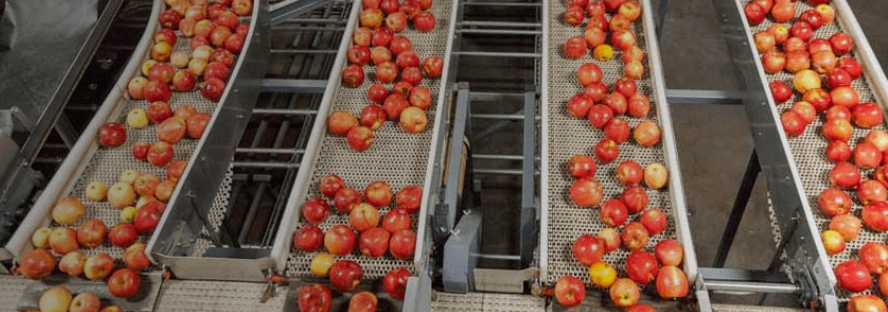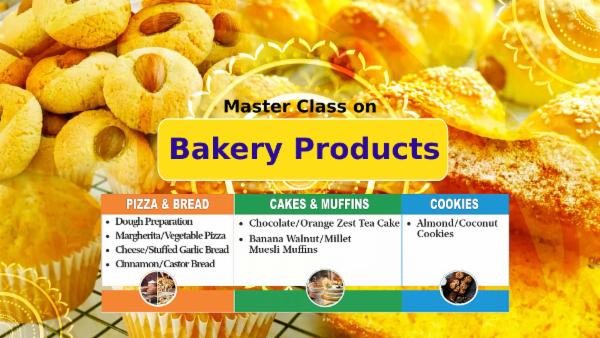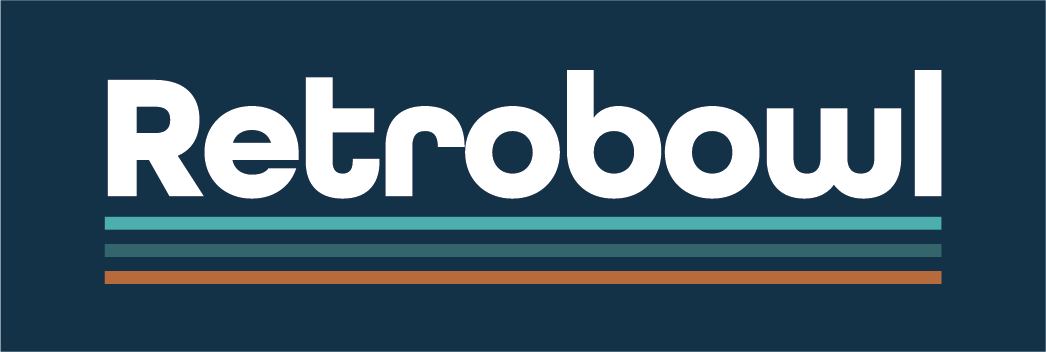
Craft Bakery Course: Create Gourmet Breads, Pastries, and Desserts
- naman sharma
- Business
- 2025-11-04
- 2160K
The culinary world is ever-evolving, and artisan bakeries are gaining tremendous popularity across the globe. Consumers today are not just looking for food—they are looking for an experience. The aroma of freshly baked bread, the intricate layers of a delicate pastry, and the indulgence of a handcrafted dessert captivate the senses and create memorable dining experiences. For aspiring bakers and food enthusiasts, enrolling in a craft bakery course can be the first step toward turning this passion into a professional career.

Why a Craft Bakery Course is Essential
A craft bakery course goes beyond basic baking. While anyone can follow a recipe, professional baking requires precision, creativity, and an understanding of how ingredients interact under various conditions. Such courses teach techniques for crafting artisanal breads, pastries, and desserts, emphasizing consistency, presentation, and flavor. By learning from experienced chefs and instructors, participants gain practical skills that are immediately applicable in both professional kitchens and entrepreneurial ventures. Moreover, a craft bakery course allows students to explore the art and science of baking. From mastering sourdough fermentation to tempering chocolate for delicate confections, learners acquire skills that help them create high-quality baked goods that stand out in the competitive food industry.
Core Skills Covered in a Craft Bakery Course
A comprehensive craft bakery course typically covers:
● Artisan Bread Making – Techniques such as sourdough, ciabatta, focaccia, and enriched doughs.
● Pastry Skills – Laminated pastries, puff pastry, choux pastry, and tarts.
● Dessert Creations – Mousses, custards, cakes, and plated desserts.
● Decorating Techniques – Icing, glazing, chocolate work, and sugar artistry.
● Ingredient Science – Understanding the chemistry of flour, yeast, butter, and eggs.
● Baking Equipment & Safety – Proper use and maintenance of ovens, mixers, and
tools.
These skills prepare learners to handle complex baking projects with confidence, whether they aim to work in a professional bakery, restaurant, or start their own food business.
Integrating Dairy Knowledge
Baking and desserts rely heavily on dairy products such as milk, cream, butter, and cheese. Understanding how these ingredients behave under different conditions is crucial for creating consistent, high-quality products. This is where a dairy training course complements a craft bakery course. A dairy training course equips students with knowledge about milk processing, quality control, and safe handling of dairy products. By combining both courses, bakers can ensure that their creations not only taste delicious but are also safe, consistent, and professional in quality. For instance, in pastry-making, the choice of butter or cream directly affects texture, richness, and stability. A dairy training course teaches how to select the right dairy ingredients and maintain hygiene standards, preventing spoilage or contamination. This dual knowledge empowers bakers to create gourmet products that meet both taste and safety expectations.

Benefits of Professional Training
Enrolling in a craft bakery course provides numerous benefits beyond skill development:
1. Hands-On Experience – Practice in real kitchen environments under the guidance of expert chefs.
2. Industry-Relevant Techniques – Learn modern methods and trends in artisan baking.
3. Career Advancement – Prepare for roles in bakeries, restaurants, hotels, or culinary entrepreneurship.
4. Creative Expression – Explore innovative flavors, textures, and presentations.
5. Food Safety Awareness – Integrated training ensures adherence to hygiene and regulatory standards, especially when combined with a dairy training course.
Students also gain exposure to the operational aspects of a bakery, including inventory management, cost calculation, and customer service, which are essential for running a successful bakery business.
Opportunities in the Craft Baking Industry
The demand for artisan baked goods has grown significantly in recent years, fueled by
consumer interest in premium, handmade, and natural products. Professionals who complete
a craft bakery course are well-positioned to explore diverse career paths, including:
● Artisan Bakers in boutique bakeries or restaurants
● Pastry Chefs specializing in desserts and confections
● Bakery Owners and Entrepreneurs
● Product Developers in food manufacturing and specialty products
● Culinary Trainers for baking workshops and classes
When combined with a dairy training course, professionals gain an additional edge, as they understand the science behind dairy ingredients and can ensure food safety, quality, and consistency—critical factors in both commercial and artisanal food production.
Advantages of Online and Flexible Learning
In today’s digital age, many institutes offer craft bakery courses and dairy training courses online. These programs provide flexibility for students to learn at their own pace while accessing instructional videos, interactive modules, and virtual demonstrations. Online learning allows aspiring bakers to practice techniques at home, ask questions in real time, and receive feedback from experienced instructors. Moreover, online courses often include modules on food safety, packaging, and storage, which are crucial for commercial baking. Completing a food safety training certificate as part of the program ensures that learners are aware of hygiene protocols, regulatory compliance, and best practices for handling ingredients safely. This combination of practical skills and safety awareness prepares students to meet professional standards in the industry
Combining Passion with Entrepreneurship
A craft bakery course is not only suitable for aspiring chefs but also for entrepreneurs aiming to start their own bakery or dessert business. With proper training, students can develop signature products, experiment with unique flavors, and implement quality control measures learned during the course. When paired with a dairy training course, entrepreneurs can confidently handle dairy-based ingredients, manage inventory efficiently, and ensure food safety, ultimately building a reliable and successful brand.
Conclusion
The art of baking is a delicate blend of creativity, precision, and technical knowledge. A craft bakery course provides aspiring bakers with the essential skills to create gourmet breads, pastries, and desserts that delight customers and stand out in the competitive food industry. When complemented with a dairy training course, learners gain critical insights into handling dairy products safely and effectively, enhancing both product quality and career prospects. For anyone seeking to pursue a professional baking career, start a food business, or simply refine their culinary skills, FICSI offers comprehensive and expertly designed courses. Through a combination of hands-on training, industry-relevant knowledge, and safety education, FICSI ensures that students are well-equipped to excel in the dynamic world of artisan baking and dairy-based culinary creations. Choosing FICSI means gaining the confidence, skills, and certification needed to thrive in the food industry.
Leave a Reply
Please login to post a comment.











0 Comments